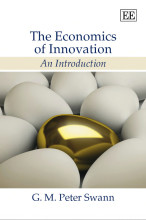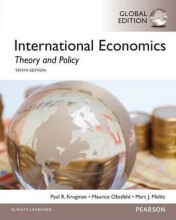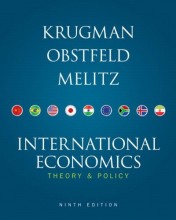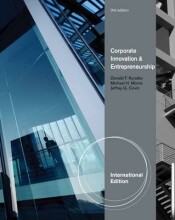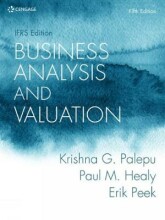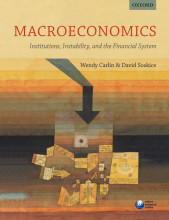Article - Rabin
11 important questions on Article - Rabin
Describe behaviroural economics
Describe rational economics
What are economic assumptions on human nature
People have well-defined and stable preferences
People maximize their expected utility
People exponentially discount future well-being
People are self-interested
People have preferences over final outcomes, not changes
People have only instrumental/functional taste for beliefs and information
- Higher grades + faster learning
- Never study anything twice
- 100% sure, 100% understanding
Describe reference based utility
Describe non-expected utilty
Describe social preferences
There are bayesian reasoning/beliefs. People from distorted beliefs. Judgement under uncertainty identifies heuristics and biases in forming probabilistic beliefs. From this three other types of departures from the basic assumption can be made
Economic actions are not self-interested, people are altruistic. This can be general or targeted. The more a sacrifice helps somebody, the more likely you are to be willing to make this sacrifice.
People like to experience pleasant things soon and to delay unpleasant things until later.
Describe loss aversion
Describe the endownment effect
Describe time inconsistency
People exaggerate how long sensations of gains and losses will last. We tend to overreact to changes because we isolate particular experiences and decisions from each other.
The question on the page originate from the summary of the following study material:
- A unique study and practice tool
- Never study anything twice again
- Get the grades you hope for
- 100% sure, 100% understanding




















